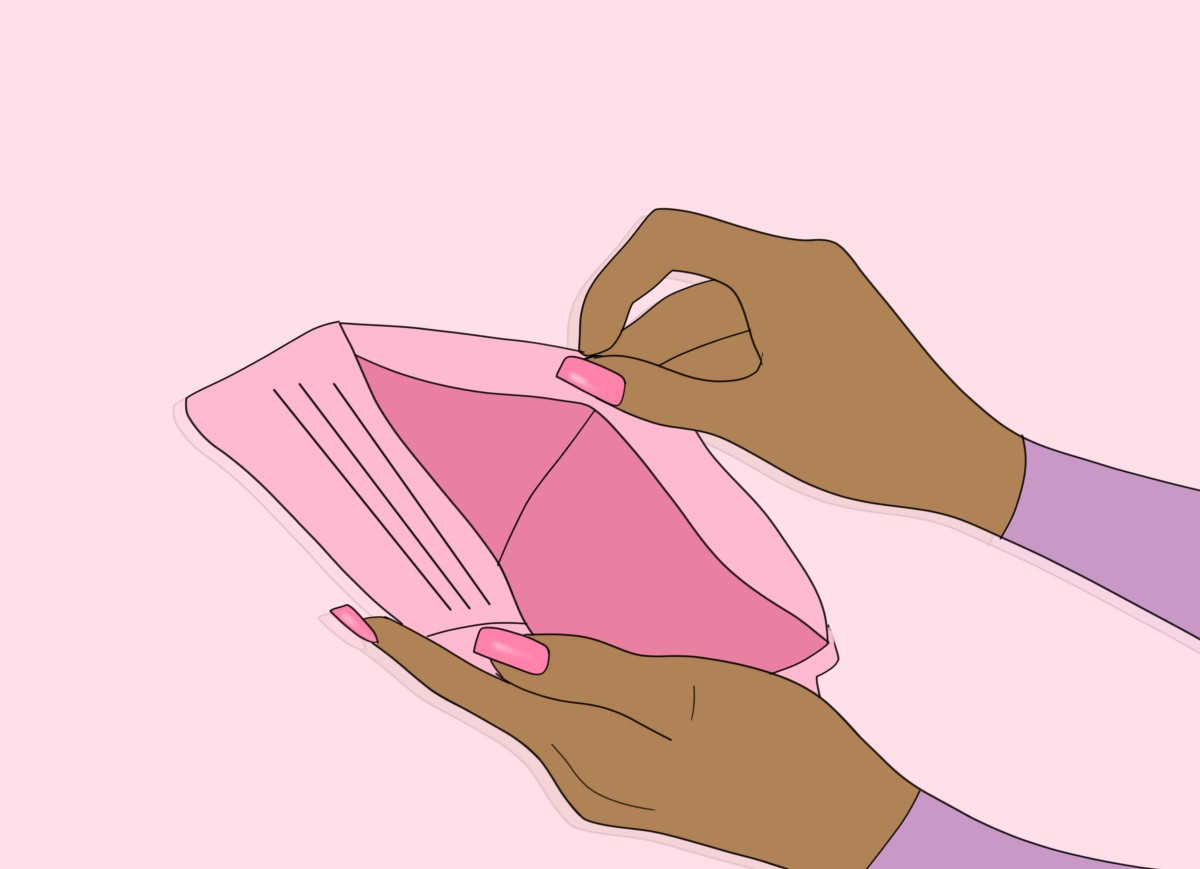Something I find frustrating about myself is my inconsistency in determination. I find achieving balance difficult. One minute, I’m so motivated to achieve a goal. The next, not so much. Either I want to prioritise productivity or protect myself from ‘burnout’.
Although I categorise this as a character flaw that I am working on, I also recognise this in the world around me. There has been a shift in perspective, where before, self-care was of the utmost importance. Perhaps this introspection was a consequence of the COVID-19 pandemic. Now, society is adopting a non-stop-die-trying attitude. A shame shrouds those who publicly indulge in self-care. I call this guilty leisure. Almost as if rest is only justified by endless grafting to the point of collapse. Where we only take rest once advised or enforced by a professional.
Glamourising ‘the grind‘
I have noticed and often feel a pressure to always be in demand: dedicated to ‘the grind’. Our generation massively glamourises the concept of the grind. That is not to say that hard work is unimportant. Possessing a strong work ethic will never go out of style. What I would like to remind people, including myself, is that self-care and being productive can not only co-exist, but harmonise in an equilibrium. Achieving balance is essential to ensure you do not burn the candle at both ends.
Don’t let your body tell you that you are wearing thin. Don’t let your mind be lost before you were aware you were losing it. I find it easy to ignore the signs of stress until it is too late. Hence achieving a balance between hard work and relaxation. For some, finding motivation to work hard is really difficult, and others find it almost impossible to relax. But if you can harness the power to navigate both healthily, you can approach aspects of your life holistically and with control. Only you can completely take care of yourself. Balance is one of my favourite words in the English language. Please let it be more than a word, but a skill to practice and master.
So why do we seem to struggle so much to achieve balance? Before, going on holidays, investing in luxury assets (flashy homes, cars) and other expenditures was a symbol of having your sh*t together. Whereas now, we pride ourselves on working into the early hours, being in the gym at 4am, and having multiple jobs for the sake of hustle culture. We profess the importance of moderation, to a severe extent. Rewards are so heavily rationed. Often we reward ourselves only when we slave at the grindstone to exhaustion.
The effect of seeing others getting what we want or what we feel we deserve can be so damaging. But there lies another problem. It is not even achieving those goals that provide the height satisfaction. Instead, being seen to have achieved, brings us the peak of gratification. More often than not, this is where social media plays devil’s advocate. Understanding the influence that social media has in these scenarios is crucial to achieving balance. Someone close to me said, “comparison is the theft of joy”. I didn’t realise how much I needed to hear that. The darker side of socials is well-known and not what this article is about. So, let us get back on track.
“Comparison is the theft of joy”

Motivational quotes are thrown around such as, “no rest is worth anything but the rest that is earned”. Whilst it teaches us good work ethic, earning respect and giving credit where it is due, this does not always allow for self-care. People sometimes feel guilty when they take a mental health day or make a ‘selfish’ choice that benefits only their well-being. Don’t get me wrong. I am not knocking down people who are driven or who need to work more often to sustain their lives or look after others. I have two jobs to afford to live independently in London. My flatmate has three jobs. Of course, we do what we need to do to survive.
The constancy of work is not the only pressure imposed by hustle culture. Even being somewhat inactive in the process of earning money counts. I am not going to wax lyrically about people interested in cryptocurrency and stocks. I hope they excel in what they do and I do not know enough about the topic. But the 24/7 Wall Street philosophy is a perfect example of how people have this insistent desire to always be earning money. We are obsessed with being or, appearing to be, highly productive even when ‘off the clock’.
When letting go and holding on is synonymous
I find it almost daunting that I will soon be giving up my second job. All those hours in the week I will get back. Instead of finding it freeing, I feel almost lost. I don’t know what I will do with myself! Somewhere inside me am most afraid of ‘wasting it’. Time certainly is a gift, and in this instance, I have given it to myself. However, my immediate response has been to punish myself for not using the time wisely before I even have it. How ridiculous is that? I’ve also had a really hard time letting go of that second job in the first place. I am still concerned it may have been a bad idea. But I decided I want to have more choices of when I go to the gym, see friends or read more. Money really isn’t everything.
We need to stop thinking that our self-worth is amounted to how much we are valued as an earner, but how we are as a worker. The meaning of investment extends beyond financial definitions. Humans, by nature, are workers. We work at our careers, but we forget how we work at our families, relationships and ourselves everyday. In the very same way, we invest in our family, relationships and ourselves. The language used in business terms can also apply to our personal lives. We earn money like we earn trust. We advise colleagues, as we advise friends; promote products and we promote better lifestyles; make compromises in both working and non-working relationships. Achieving the balance of investment in our careers and personal lives helps steady our mindset to bring contentment.
Refresh your thinking
Do not punish yourself for not meeting your standards – use the frustration to learn from your mistakes and do better next time. In fact, change your attitude and stop using words like ‘mistakes’ and ‘failures’. Call them ‘experiences’ and ‘lessons’. Words are extremely powerful so try to use them differently and see how it feels.
So, thinking about applying business jargon to our personal lives. Think about the last time you invested in yourself. When did you reward yourself for your hard work in the gym, perhaps with a rest day or a cheat meal? Start achieving balance with hard work and self-care and stop waiting for other people to reward you. If you worked late one evening, give yourself a lie-in the next morning. Ask your manager for that annual leave and don’t feel guilty about taking it. Colleagues will want you as refreshed and rested as you want to be.
Yes, money can make it easier to make investments. We need to work to earn our money. Celebrate people for succeeding in their goals: whatever they are. But let us not so heavily endorse hustle culture to the point of snuffing out self-care. At the end of the day, do what makes you happy. Do what you need to do to achieve your goals. However, achieving balance inside and outside the realms of work is the minimum of what you deserve. Do not challenge yourself without due reward. Value private victories as well as public victories. Dedicate yourself to self-care and the grind in equal measure. Achieving balance is important to avoid burnout and lead happier, well-rounded lives.
Find more self-improvement articles here >
Written by Rachel Boyer
Illustrated by Francesca Mariama

